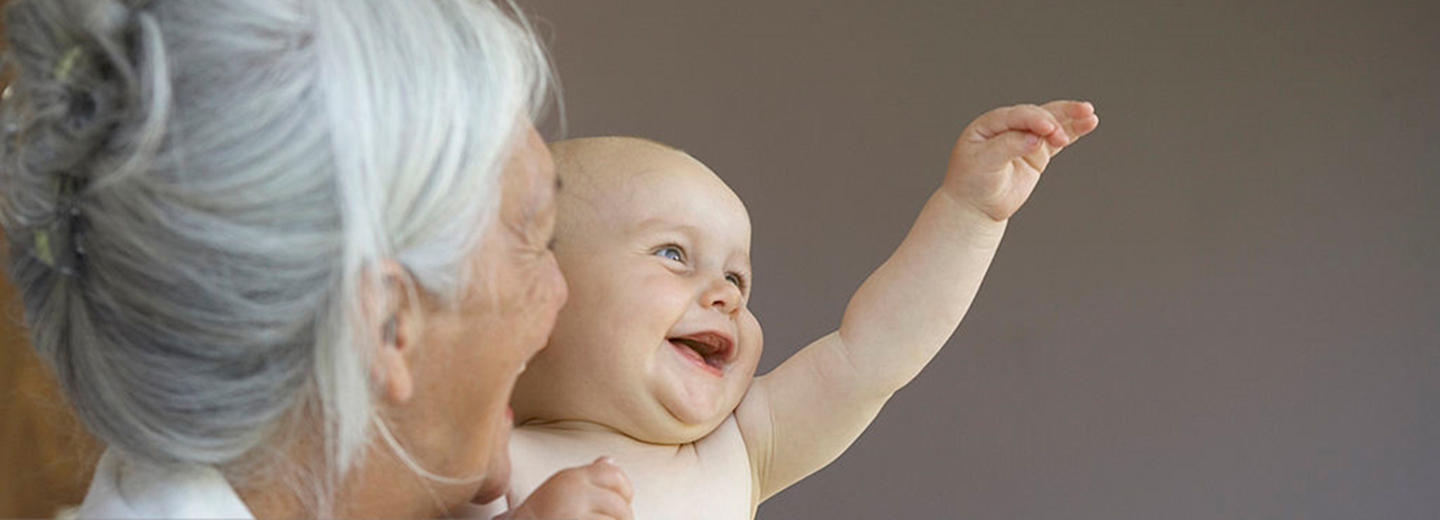
NATURE: Great expectations
Scientists are searching for a genetic blueprint that will enable humans to stay healthy and vital well into their old age.
In the latest issue of the international journal Nature, scientists from around the world explain what aging research has achieved and where it is going.
Nature writes that much of the seminal work in assessing genetic contributions to healthy ageing in the general population has been done in Scandinavia, where political peace and a strong sociatal, infrastructure have minimized the external forces that prematurely shorten life elsewhere. From studies of fraternal and identical twins, professor Kaare Christensen from the Danish Aging Research Center has found that roughly 25% of longevity is attributed to heriditary factors.
"Before age 60, genetic factors are not that important in the cohorts that we have studied," says Christensen, "but after age 60 their impact increases, and seems to get strongest at the very highest ages." In other words, a healthy lifestyle and environment are key determinants of whether most people will reach their seventh decade, but after that it's increasingly down to their genes.
Read more about the research:
Centenarians: Great expectations
Nature - Special Outlook on aging; 492, s6-s8, december 2012.
The heritability of human longevity: A population-based study of 2872 Danish twin pairs born 1870-1900.
Herskind AM et al. Hum Genet. 1996;97(3): 319-323. Pubmed abstract...